Proctology
Proctology is a specialized branch of medicine that focuses on diseases of the rectum, anus, and colon. At our center, we offer advanced laser and minimally invasive treatments to address common and painful anorectal conditions.
- Home
- Service
- Proctology
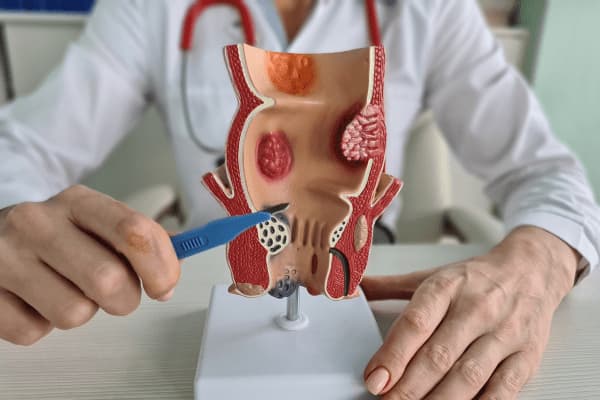
Description
Proctology deals with the diagnosis and treatment of conditions affecting the anal canal and rectal region. Common issues like piles, fissures, and fistulas can significantly impact a patient’s quality of life if not treated early. Our proctology department is equipped with modern diagnostic tools and day-care laser surgical options, making treatment more convenient and effective.
Many patients delay treatment out of fear or embarrassment. However, most conditions can be resolved with a quick, minimally invasive procedure and do not require long hospital stays.
Many patients delay treatment out of fear or embarrassment. However, most conditions can be resolved with a quick, minimally invasive procedure and do not require long hospital stays.
Conditions Treated
- Piles (Hemorrhoids)
- Fistula in Ano
- Anal Fissure
- Rectal Conditions
- Pilonidal Sinus Treatment
Tests and Treatments Offered
- Proctoscopy
- Digital Rectal Examination (DRE)
- Laser Hemorrhoidectomy
- Laser Fistula Surgery
- Pilonidal Sinus Excision
- Lateral Internal Sphincterotomy (for fissure)
- Medication & Sitz Bath for early-stage conditions
Book Appointment
Related
Related Proctology Treatments
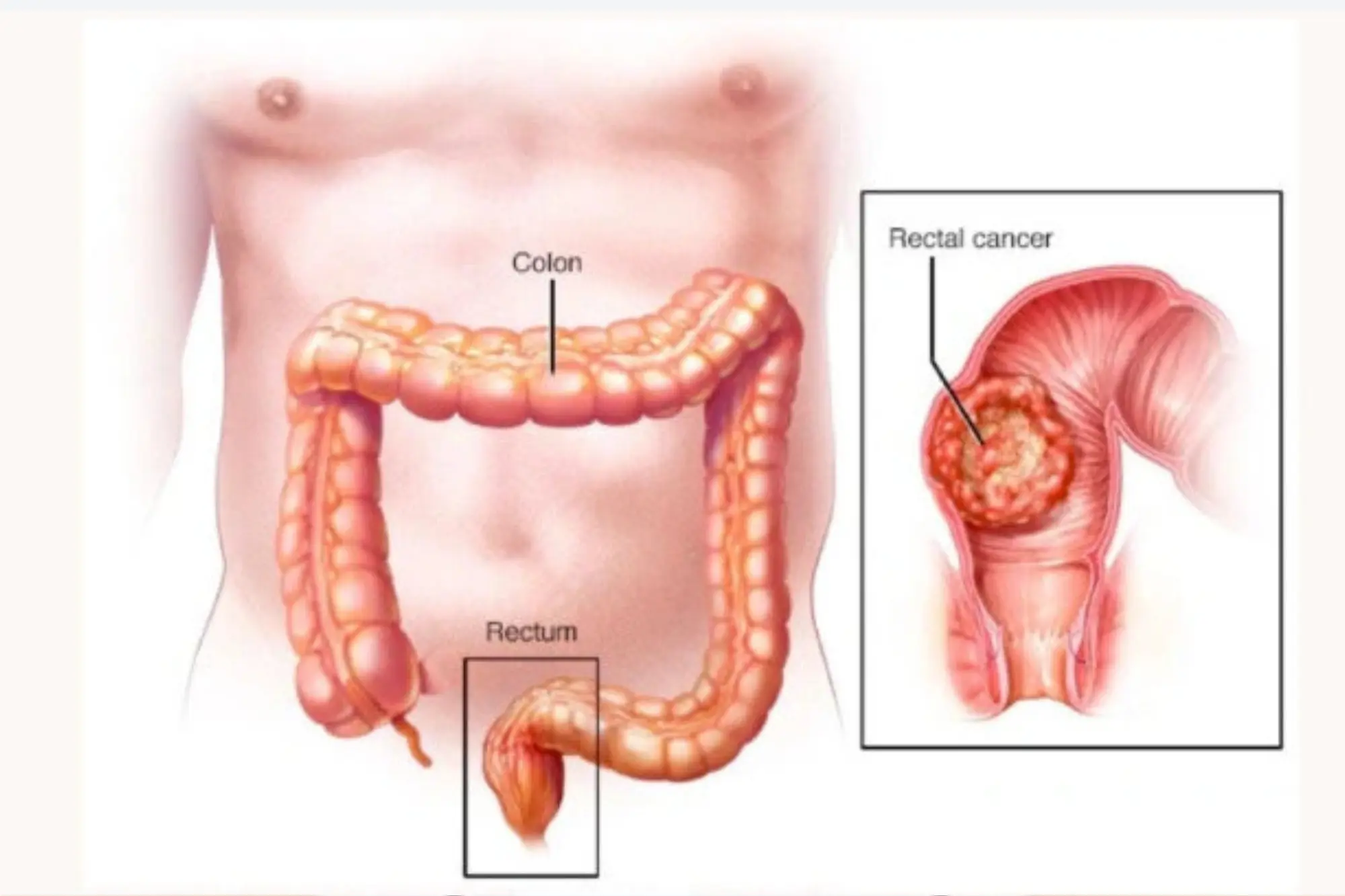
Rectal Treatment
Rectal problems like pain, bleeding, or discomfort during bowel movements can disrupt daily life.
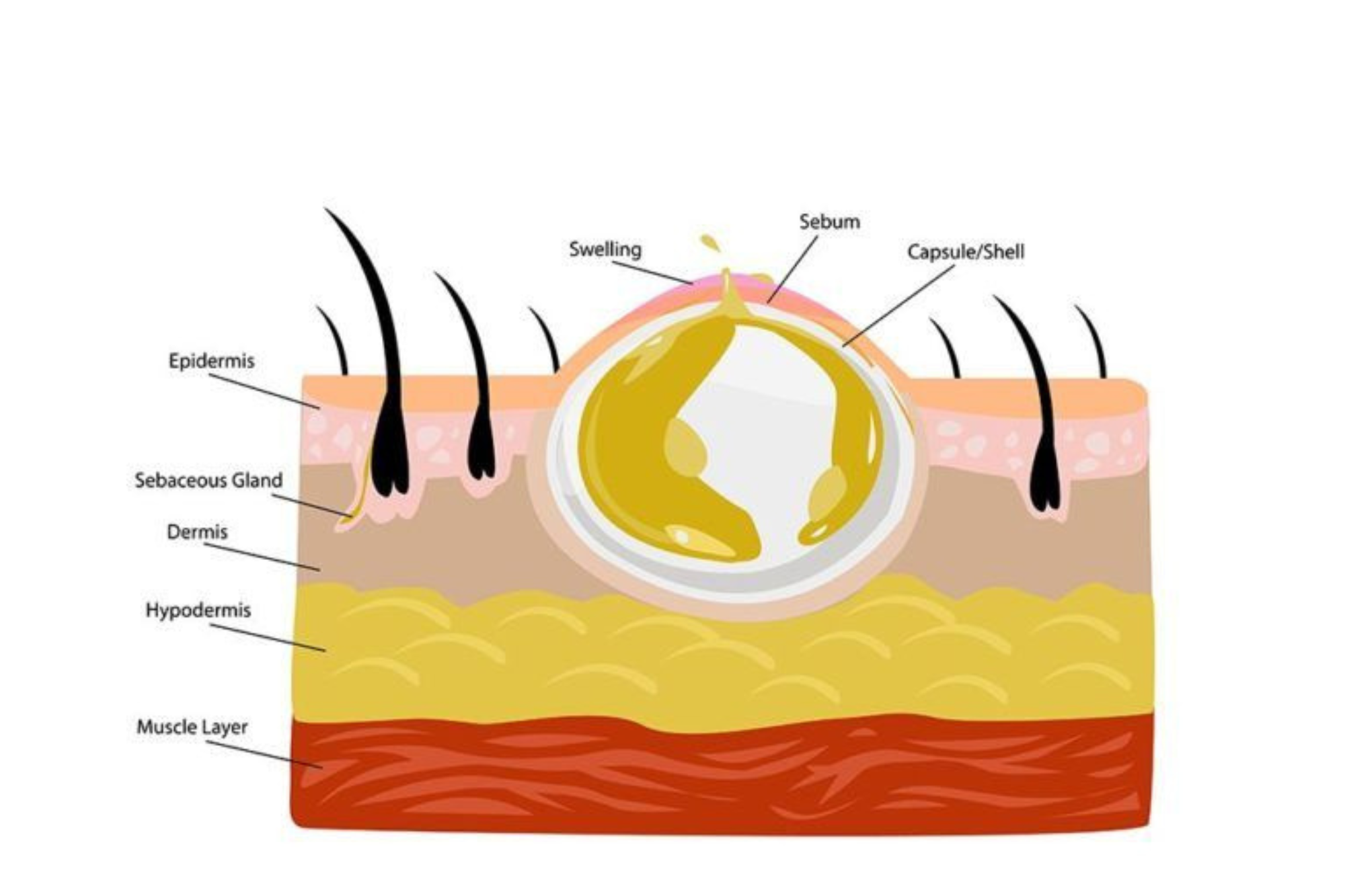
ABSCESS
An abscess is a localized collection of pus caused by infection, usually appearing as a painful, swollen lump under the skin.
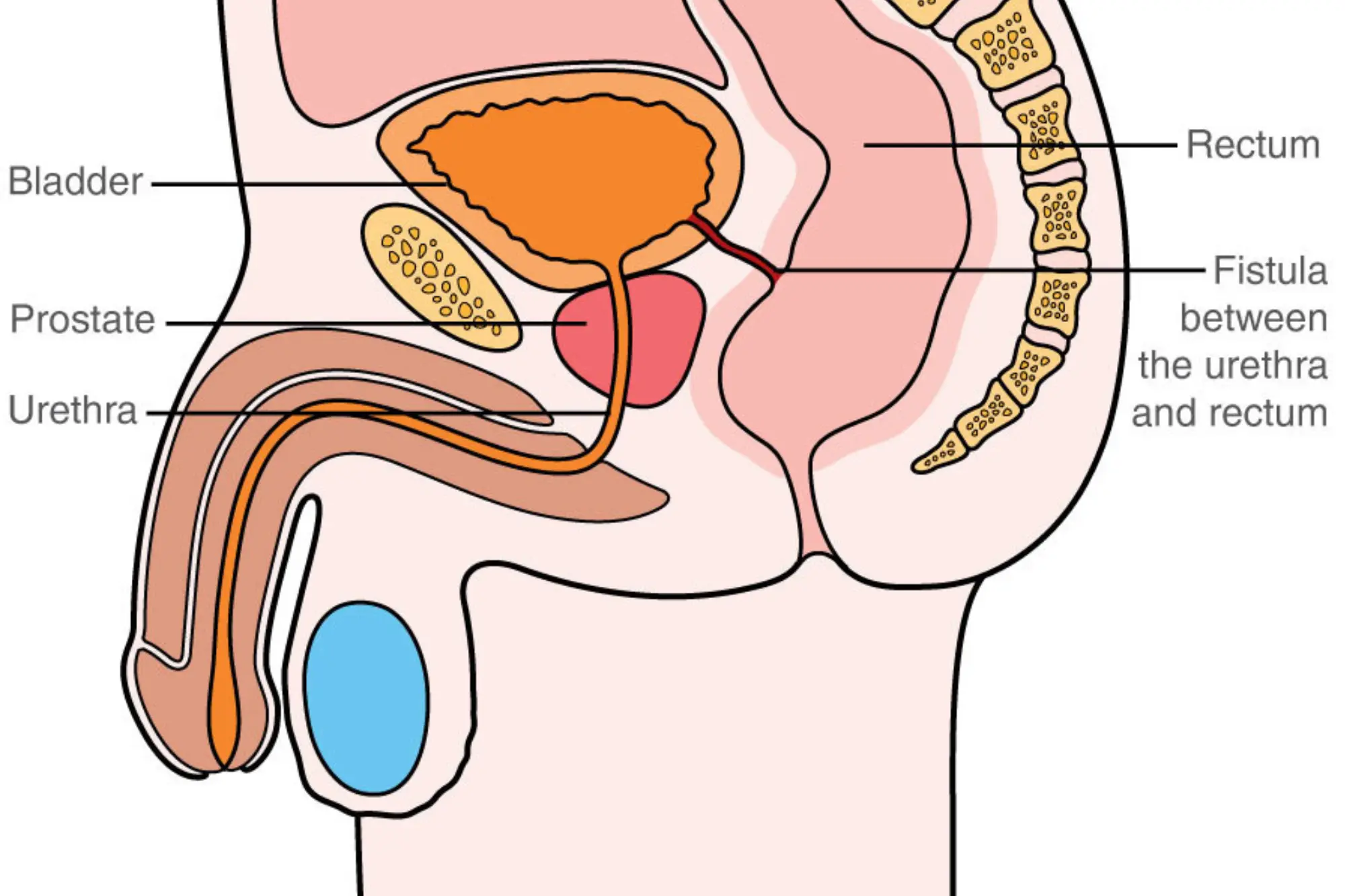
Fistula
Advanced, scarless treatment for anal fistula — get relief from pain, pus discharge, and recurrence with modern laser solutions.
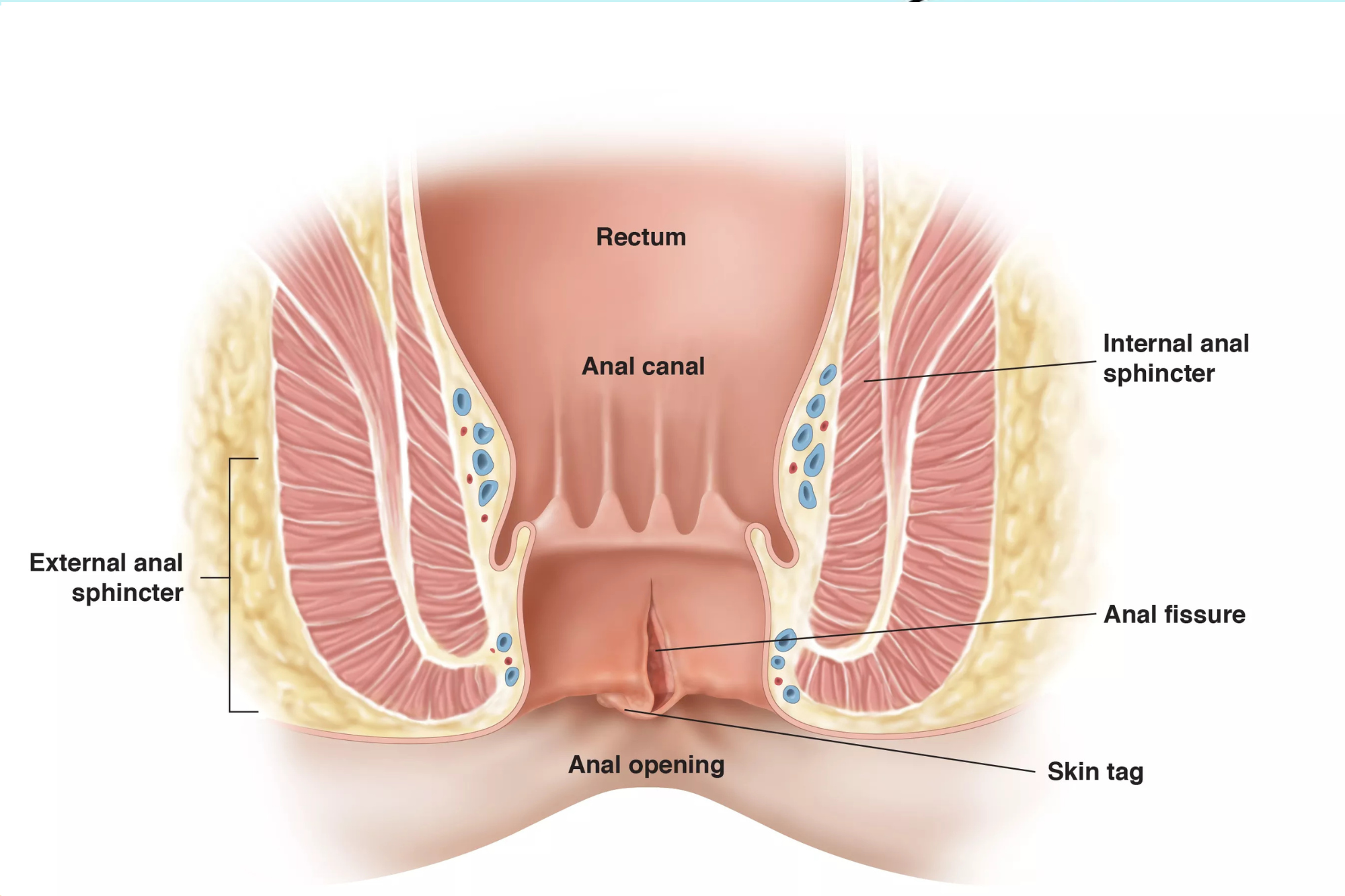
Fissure
An fissure is a small tear in the lining of the anus, often caused by constipation, hard stools, or excessive straining during bowel movements.
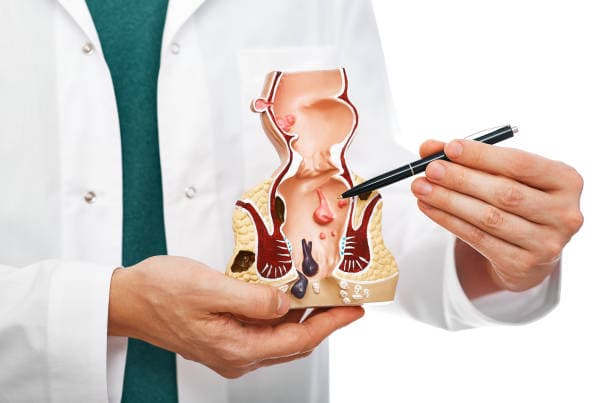
Regain Comfort and Confidence
Don’t let rectal disorders disrupt your daily life. With modern proctology care and advanced procedures, recovery is faster and smoother than ever before. Our expert team ensures that your treatment is both effective and discreet, so you can return to normal life with confidence.
Frequently Asked Questions
We understand that anorectal conditions can be sensitive. Here are answers to some common patient concerns:
Laser treatments are minimally painful compared to traditional surgery and usually done under local or spinal anesthesia.
Most patients recover within 3–5 days and can resume normal activities soon after, depending on the procedure.
With proper diet, hygiene, and lifestyle care, recurrence is rare. We also provide post-treatment care guidance to prevent future issues.


